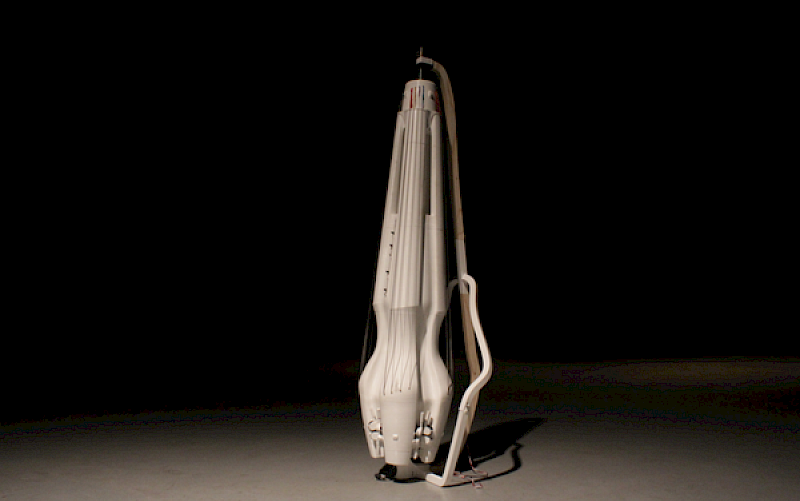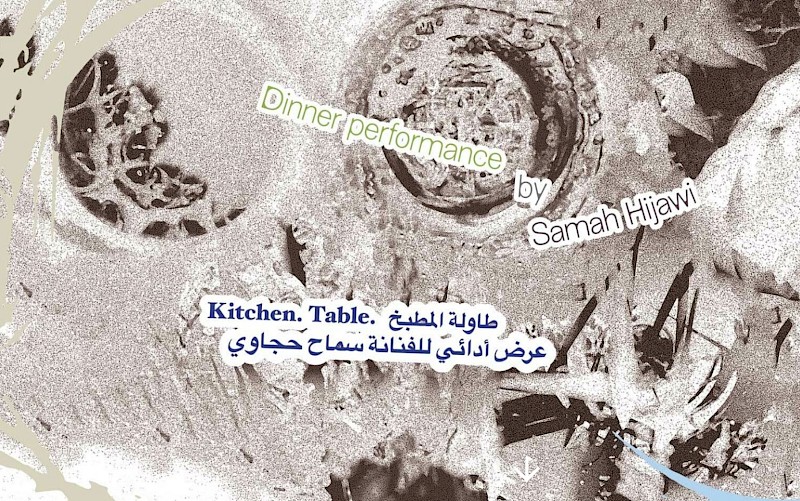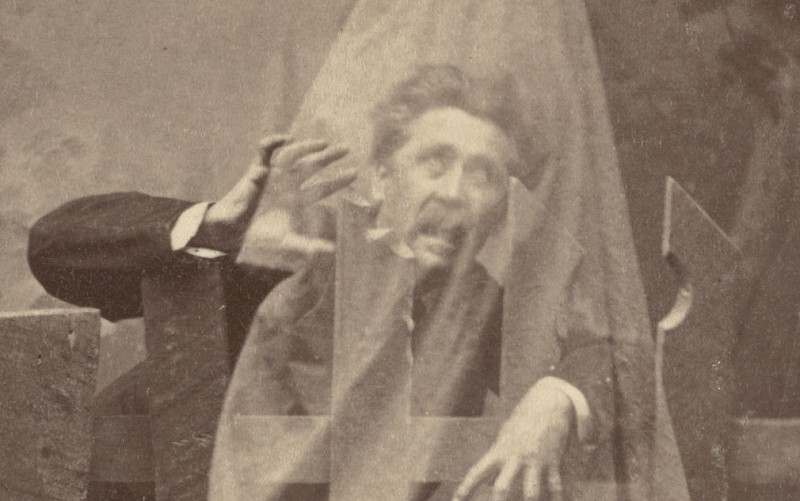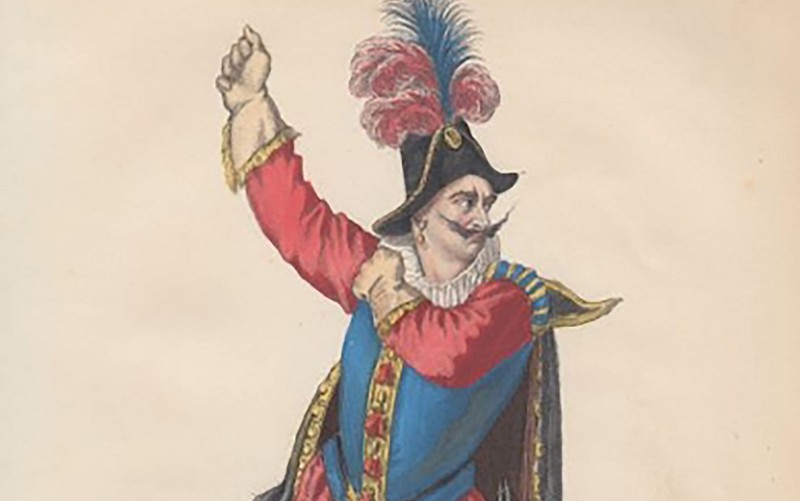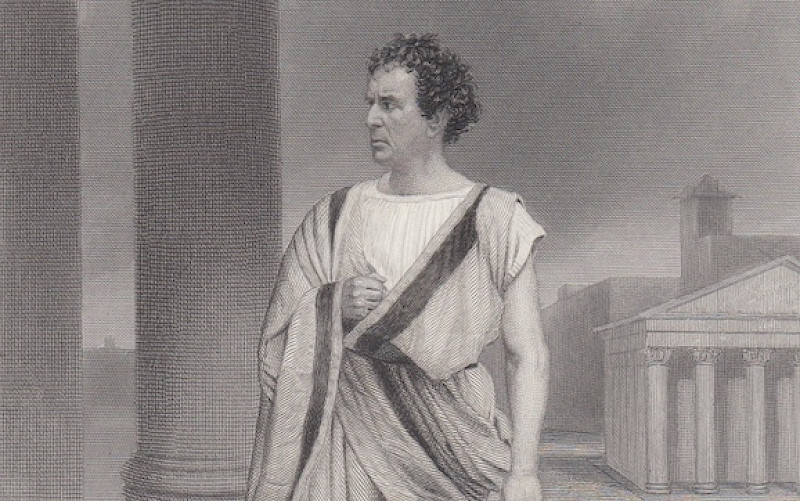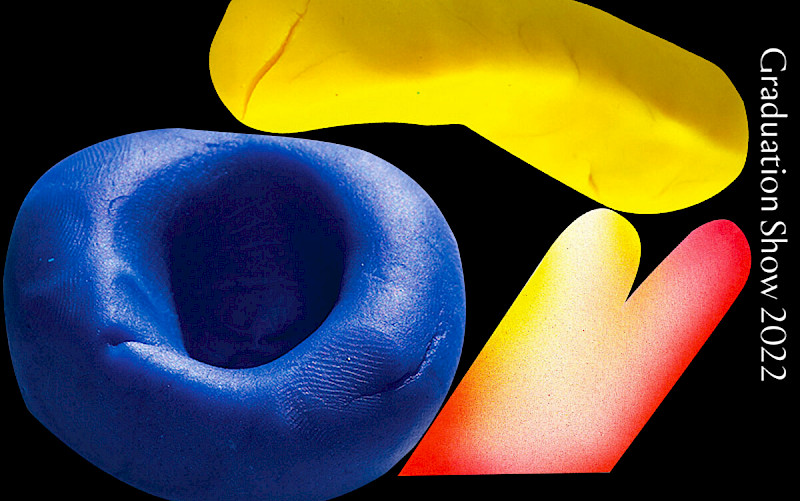Jiří Čart (Georg Czarth) and his Flute Sonata in D minor
Name: Michaela Kouřilová Main Subject: Traverso Research Coaches: Inês de Avena Braga and Donna Agrell Title of Research: Jiří Čart (Georg Czarth) and his Flute Sonata in D minor Research Questions: What is the current status of research on the life of Jiří Čart as an émigré musician? Is it possible to establish bibliographic control of this research, and outline the major deficits in existing literature? By examining Čart's writing for flute, and in particular his D minor Sonata, is it possible to define the characteristics of his compositional style? Is there a further link between his output and his position in various European ensembles, suggesting a development in line with other composers? Research Process: Musical emigration was quite characteristic in Czech musical life in the eighteenth century, but was not a completely new phenomenon. Throughout history Czech emigrants, such as Jan Václav Stamic, František Benda or Josef Mysliveček, came to well-deserved fame, but others await a return to modern appreciation. This is surely the case when we consider the life and work of Jiří Čart (1708-c.1778). Despite the contemporary success and reputation, Čart’s name has fallen into insignificance. No thematic catalogue has ever been attempted, leaving performers with no basis for modern performance, and thus audiences with limited opportunities to hear and discover his music. This thesis is potentially a model for further extrapolation of his output and a beginning of a more developed research path. However, the scope of this current document is limited, and therefore centres on Čart’s flute Sonata in D minor. Summary of Results: This work provides detailed information about the professional life of the violinist, flutist and composer Jiří Čart, which has yet to be considered in English. This information is embedded in the historical context, providing an overall picture of the social situation in the eighteenth century for émigré musicians from the Czech lands such as Čart. The so- called ‘Czech Musical Emigration’ is a very important ingredient of European music history, which partly influenced the direction and the onset of classicism as we now see it. Čart spent his adult life following his musical talents and opportunities as an émigré. In doing so, he occupied several important posts in major European orchestras and establishments. New details about his life and compositions are uncovered in this work, which is accompanied by a critical edition of his ‘Solo à Flauto Traverso è embalo’ in D minor. This edition was prepared using several variant texts from the eighteenth century, as the sonata exists only in contemporary manuscript copies, as well as a transcription for violin. Disseminated throughout European libraries, the work shows a mature compositional style, with the idiomatic knowledge necessary to craft a showpiece for the flute, allowing the performer to engage with, and enlighten the audience.



